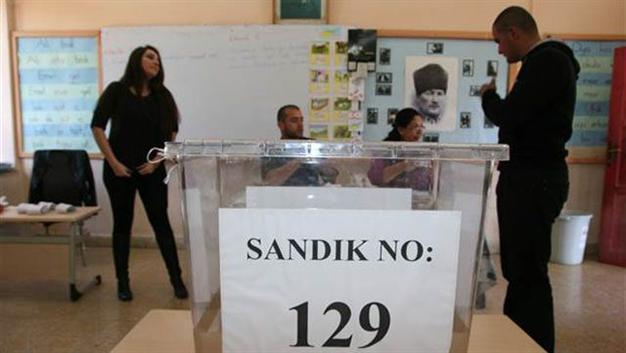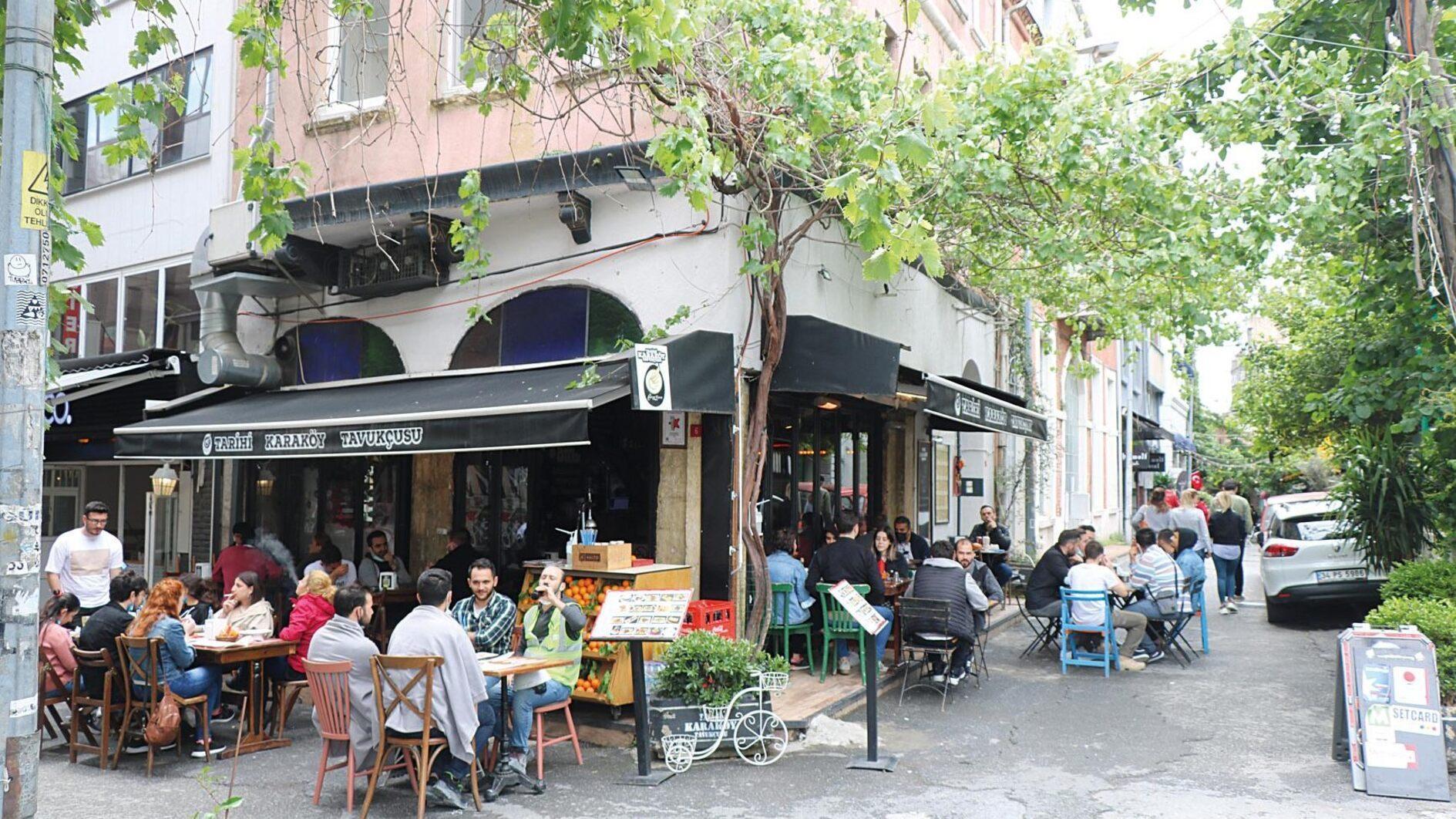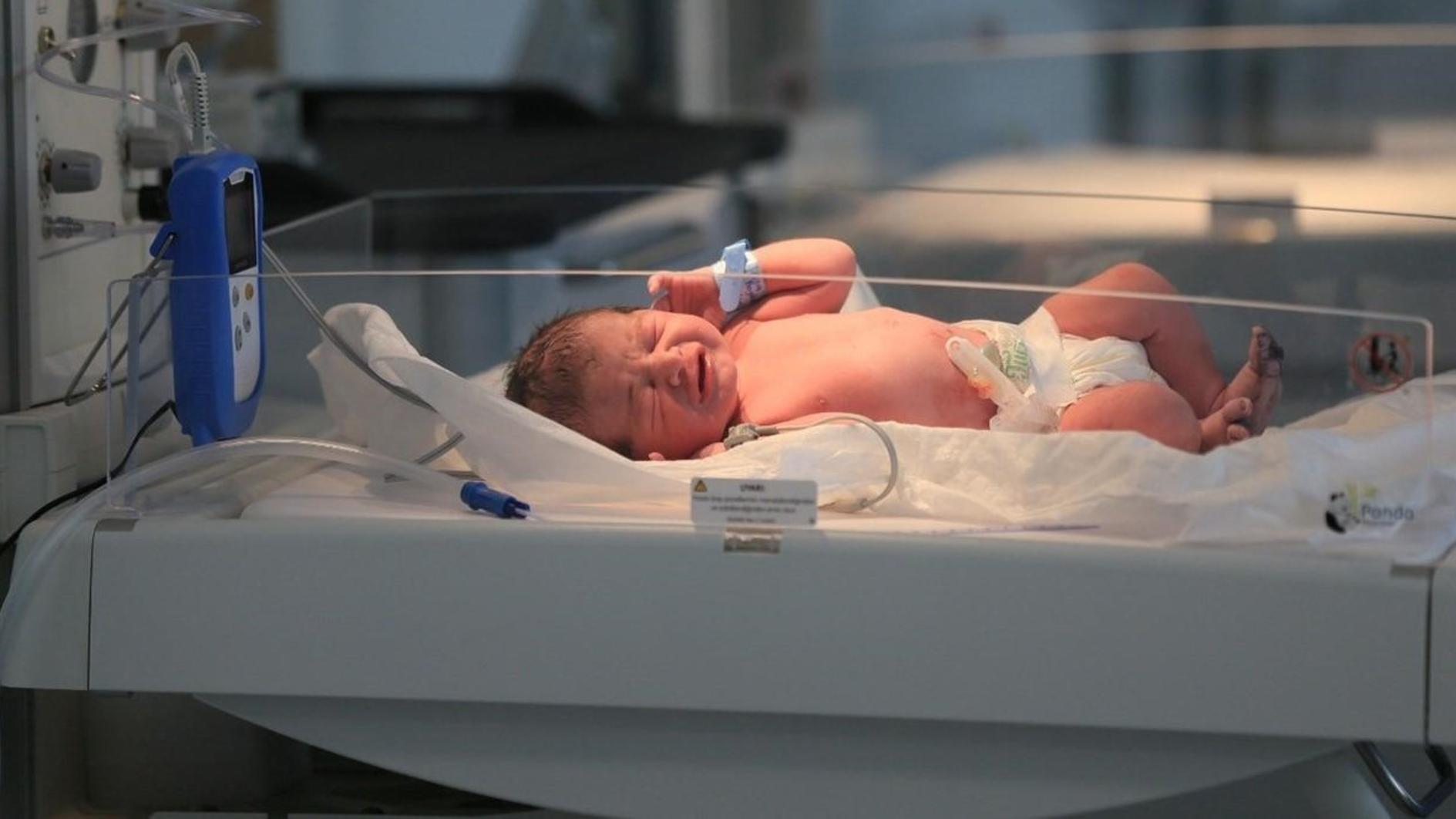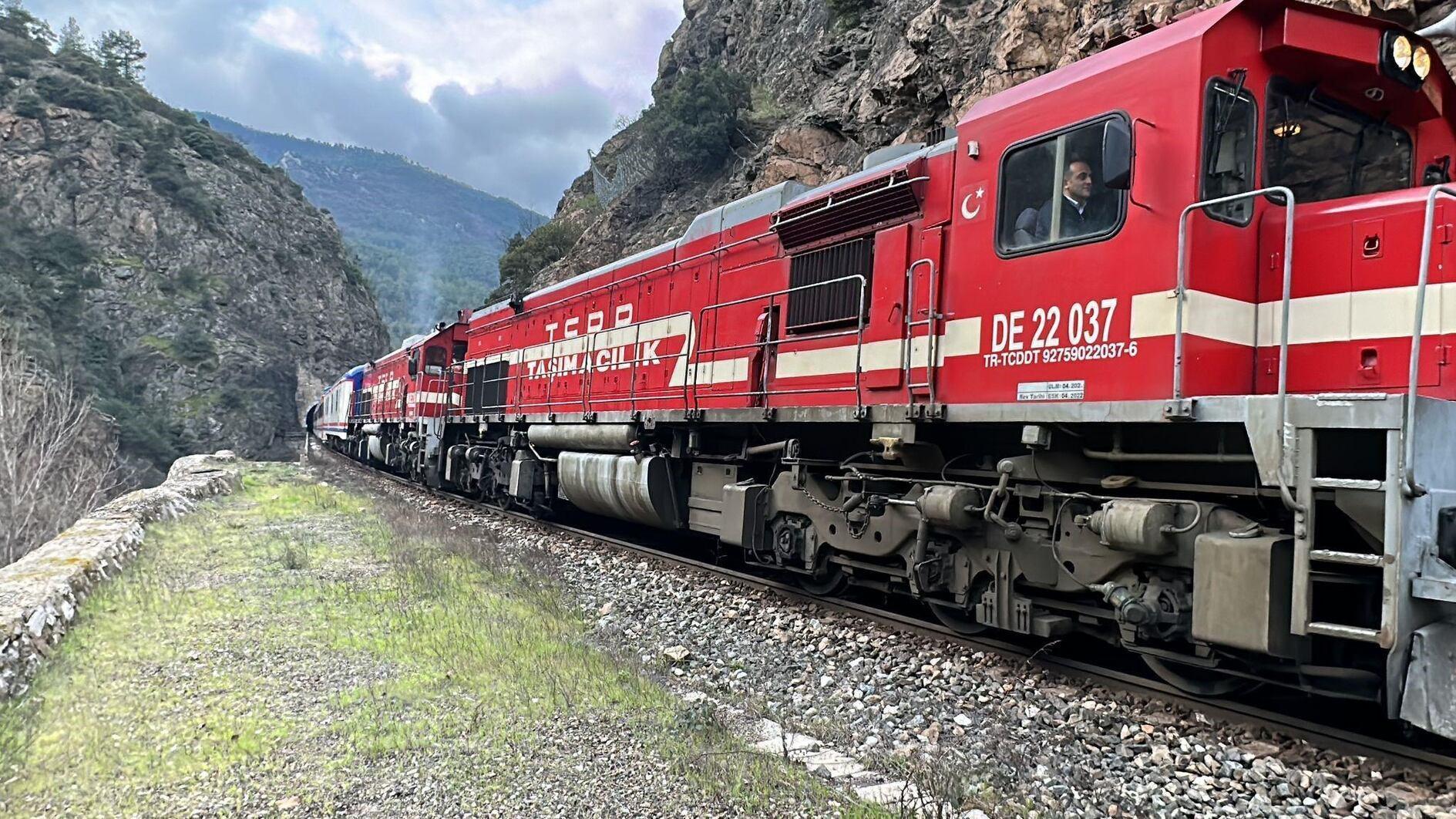Turkish Cypriots vote in poll that could speed peace talks
NICOSIA
 Voters in the Turkish Republic of Northern Cyprus went to the polls on April 26 to choose a new president in an election runoff that could speed UN-brokered reunification talks.
Voters in the Turkish Republic of Northern Cyprus went to the polls on April 26 to choose a new president in an election runoff that could speed UN-brokered reunification talks.The incumbent president, Derviş Eroğlu, and independent candidate Mustafa Akıncı gained the most votes in the first round but both failed to reach the 50 percent benchmark on April 19.
Polls for the second round opened shortly after 8 am (0500 GMT) and were to close at 6 pm (1500 GMT).
Nearly 177,000 voters are eligible to poll in 693 second round ballots. The run-off vote will see the candidate with the most votes declared president.
The Supreme Election Committee announced last week that 110,000 voters had participated in the first round.
Eroğlu, supported by the National Unity Party and the Democratic Party-National Forces, led the first round with 28.15 percent of the votes while Akıncı received 26.94 percent.
The Republican Turkish Party-United Forces candidate Sibel Siber received 22.53 percent and independent Kudret Özersay took 21.25 percent.
The Republican Turkish Party-United Forces party and Prime Minister Özkan Yorgancıoğlu have announced support for Akıncı's candidacy.
Akıncı is a former mayor of the Turkish Cypriot half of the island’s divided capital and has been one of his community’s most outspoken advocates of reconciliation with the internationally recognised Greek Cypriot government.
The Turkish military intervention in Cyprus in 1974, following a coup that brought a hardline Greek administration to power on the island, resulted in the division of Cyprus and led to decades of scarce contact.
The United Nations has put forward multiple peace plans but they have all failed, notably a plan by then UN chief Kofi Annan that was approved by Turkish Cypriots but rejected by Greek Cypriots in simultaneous votes in 2004.
UN-sponsored peace talks are set to resume after the April 26 election following a Greek Cypriot decision to end a six-month boycott.
The Greek Cypriot government had been protested by Turkey over exploration of possible offshore oil and gas reserves amid austerity moves in Greek Cyprus demanded by the deeply indebted island’s international creditors.
Both Turkey and the United States voiced hope last week that 2015 could finally be the year that Cyprus is reunited after the long decades of division.
















